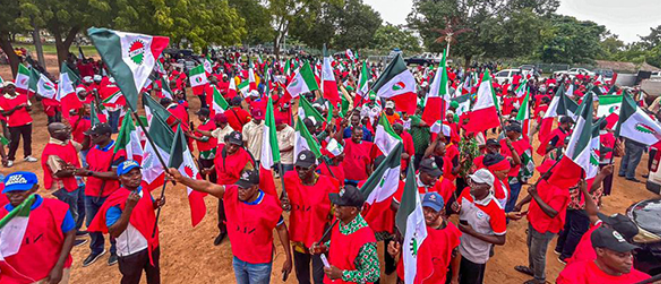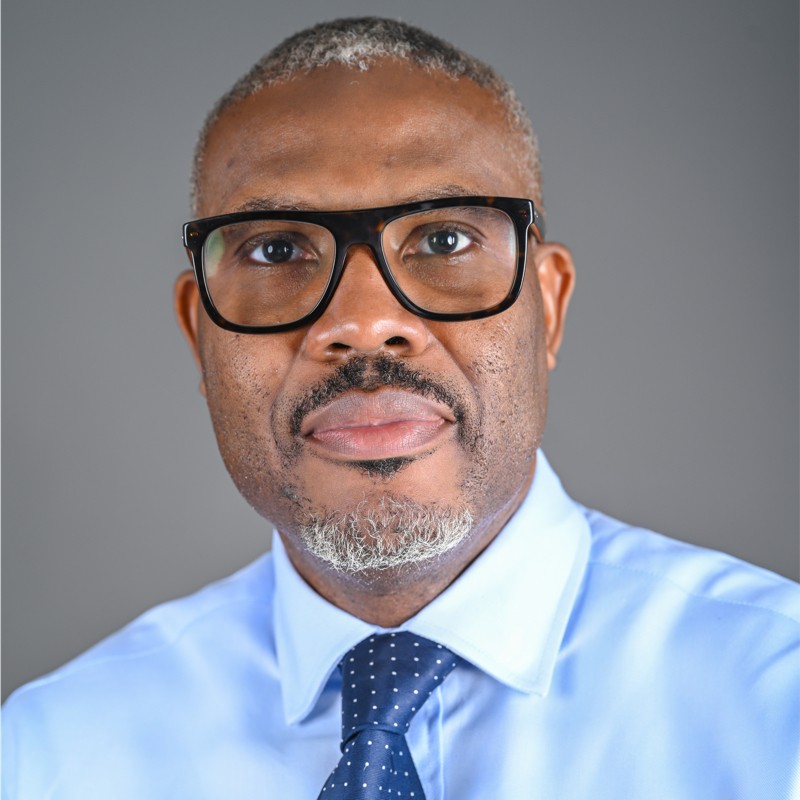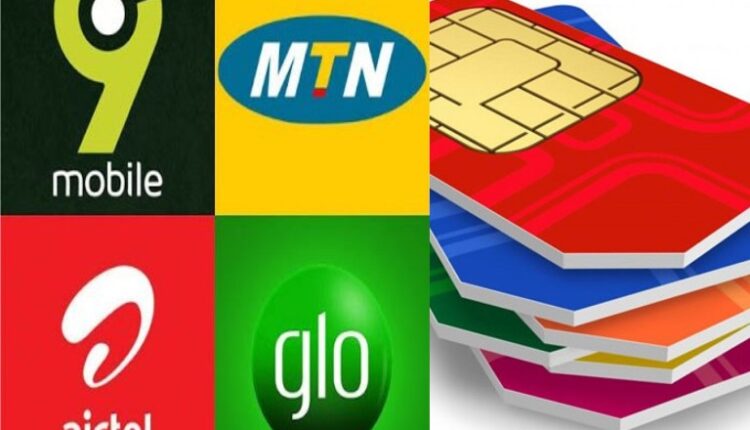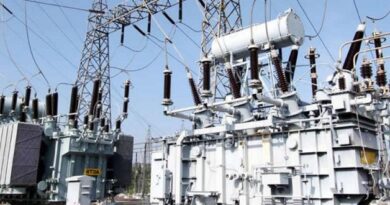Telcos Raise Alarm as Vandalism Threatens Telecom Services in Nigeria
The Association of Licensed Telecommunications Operators of Nigeria (ALTON) has raised urgent concerns over growing cases of vandalism and theft that are endangering the country’s telecom infrastructure. The organisation has called on the Nigerian government and security agencies to immediately step in and address the situation before it leads to a total breakdown of telecommunications services across the nation. According to a statement from ALTON’s Chairman, Gbenga Adebayo, issued on Thursday, the country is at risk of a nationwide network collapse if these security threats are not urgently curbed.
Between May and July 2025, multiple cases of vandalism were recorded at telecom sites located in Rivers, Ogun, Osun, Imo, Kogi, Ekiti, Lagos, and Abuja. These incidents have disrupted services and led to long periods of network blackouts and service congestion, causing millions of Nigerians to lose access to stable mobile and internet connections. Adebayo said despite telecom operators investing heavily in network optimisation and capacity expansion following the federal government’s earlier efforts to support the sector, sabotage is now reversing these gains and damaging service delivery.
The telecom industry is currently undergoing one of its largest infrastructure expansion efforts in recent years, with companies upgrading transmission lines, replacing outdated power equipment, and laying thousands of kilometres of fibre optic cables. These efforts are aimed at improving service coverage and network strength. However, the progress is being seriously challenged by persistent theft and vandalism of key telecom equipment. According to ALTON, thieves are now specifically targeting valuable components such as power cables, fibre optics, diesel generators, rectifiers, batteries, solar panels, and feeder cables. These materials are vital to the country’s digital communication systems and are critical to the operations of essential services.
The vandalised infrastructure not only affects telecom operators but also other businesses that depend on shared towers and services. The impact goes beyond mobile calls and internet access—it also disrupts financial transactions, emergency response systems, hospitals, online education platforms, and national security operations. States with the highest recorded cases of these attacks include Delta, Rivers, Cross River, Akwa Ibom, Ogun, Ondo, Edo, Lagos, Kogi, Kaduna, Niger, Osun, Kwara, and Abuja.
The association warned about the growing black market for stolen telecom components. It said batteries stolen from sites are now being sold for home and office use, while solar panels from telecom towers are ending up in private homes. Diesel fuel meant for powering base stations is being siphoned and sold illegally. ALTON urged the public to avoid purchasing any suspicious items and to understand that buying such materials supports criminal activity and poses a risk to national security.
Telecom infrastructure in Nigeria has been classified as Critical National Infrastructure, and tampering with it is a criminal offence. ALTON stressed that sabotage, theft, or unauthorised possession of these assets attracts serious legal consequences. The continued attacks, according to the association, threaten not only communications but the entire economic stability of Nigeria, especially since telecom services are central to banking, education, security, and healthcare.
In addition to vandalism, ALTON also pointed out that many fibre cuts are caused by unplanned road construction and civil works. Contractors often destroy underground cables during road repairs or upgrades, resulting in widespread service outages and costly damage. The association called on major security institutions like the Office of the National Security Adviser, the Nigeria Police Force, the DSS, and the NSCDC to act swiftly and protect the sector from total collapse.
ALTON acknowledged the Nigerian Communications Commission’s efforts in creating a dedicated reporting portal where citizens can report vandalism by sending emails to [email protected] or calling 622. The association emphasised that the telecom industry cannot handle this crisis alone and urged for strong cooperation from all sectors, including government bodies, the media, and civil society. They noted that the survival of Nigeria’s economy, national safety, and digital development depends on how quickly and seriously this issue is addressed.
















